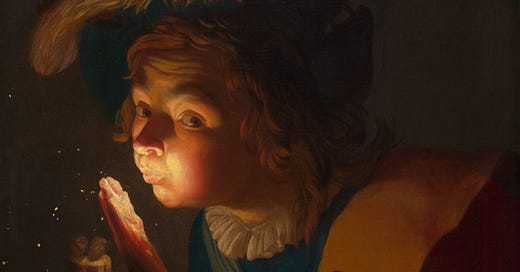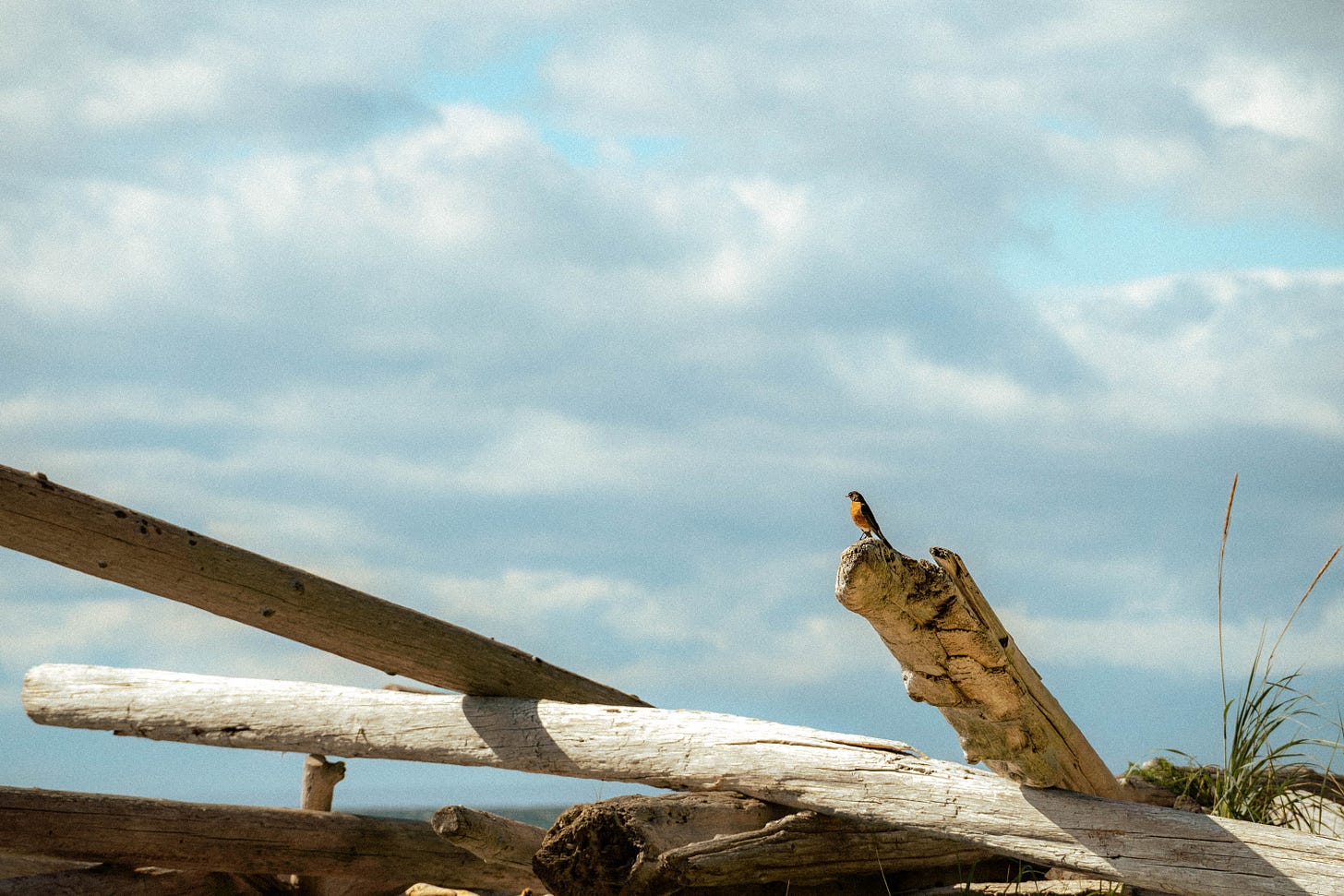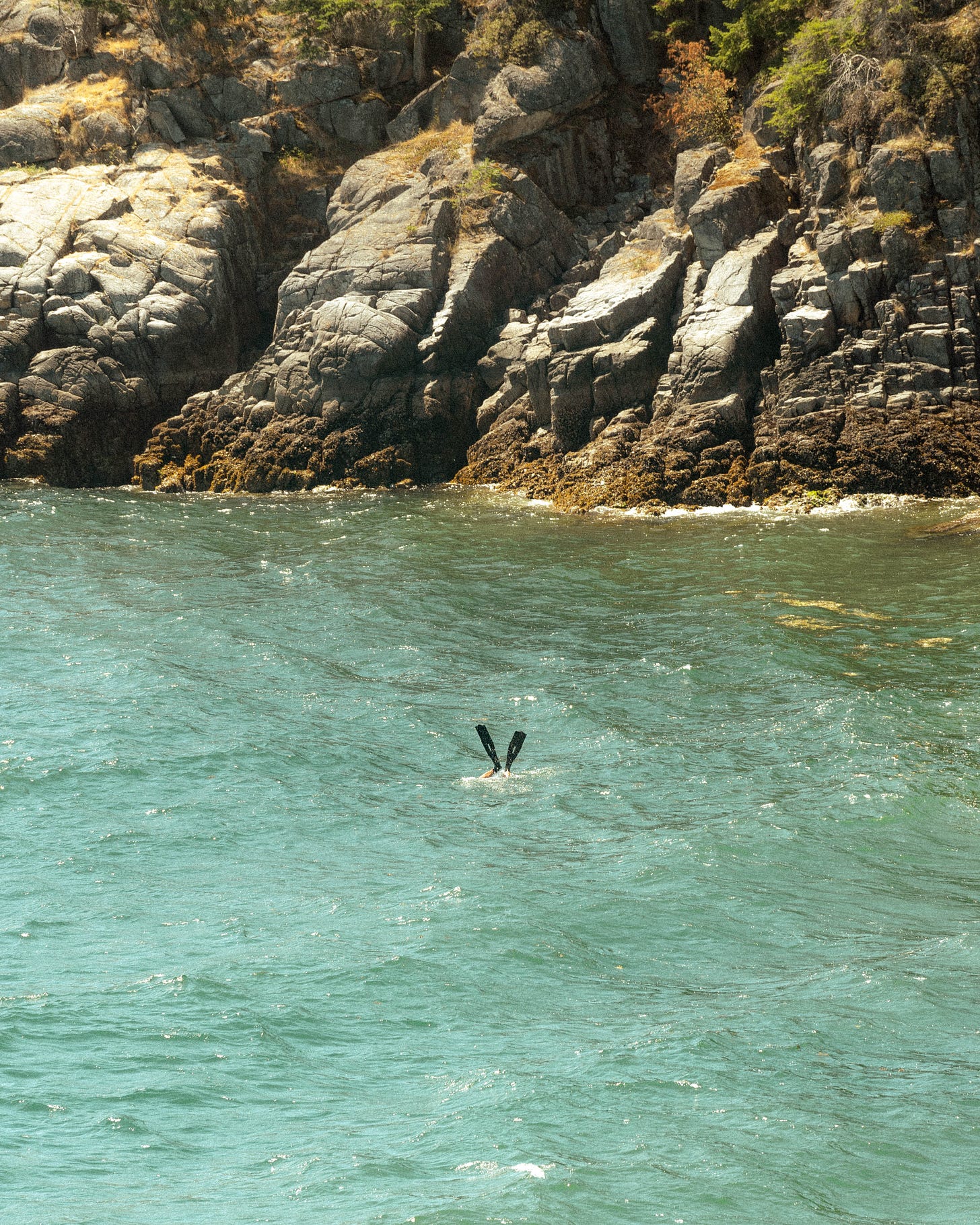One man’s "meh" is another’s $26.8 million discovery.
Perhaps that sounds a tad dramatic, but an article on the Smithsonian website got me thinking: What do I currently undervalue in my life that others might treasure? What about the art I create myself?
This idea first popped into my mind when I thrifted a handmade cup. I was thrilled to discover it—fun, unexpected, and immediately one of my favourites. Yet, the artist had thought so little of it that they donated it.
Clearly, their ‘trash’ was my treasure.
Or consider a doctor in my town who bought a painting at the same thrift shop, solely for the frame. He later realized that the painting was by Gerritjen Wijmer, a Dutch painter born in 1870, whose works are valued between $5,000 and $350,000, according to Burgess.
These examples may be serendipitous thrift store finds, but they carry a deeper message.
I started to dig around for further examples of artists and writers who undervalued themselves and found out that Franz Kafka, despite his impact on literature, was plagued by self-doubt, burning up to 90% of his work. He is a classic example of a writer who underestimated his own work. Having published only a few short stories in his lifetime, he remained largely unknown to the broader literary world. Before his death in 1924, Kafka explicitly instructed his close friend Max Brod to destroy all his unpublished manuscripts, including novels, letters, and diaries, believing that they were not worthy of being read.
Brod chose to ignore these instructions and published most of Kafka’s work posthumously—including "The Trial," "The Castle," and "Amerika." Without Brod’s defiance, we wouldn’t have Kafka’s contributions to literature.
If that doesn’t get you thinking, consider that in 1988, a handwritten manuscript of Franz Kafka’s novel The Trial sold at auction for $1.98 million.
My point is this: We are often our own harshest critics. While it is important for artists, writers, and creators to critique their work, seek feedback, and strive for growth, we must not lose sight of the wonder of creating. What might seem trivial to you could appear magical to someone else.
As tempting as it is to discard every imperfect work or idea, perhaps stepping back to view it as an outsider might help build a healthier relationship with our work.
I still have prints hanging in my home from my graduating class. We all contributed to a group portfolio, and everyone received a print from each student. These are now framed and cherished. Over a decade later, it’s clear that none of us could have known how much these small prints would mean.
So, be kind to yourself. The ability to conceive an idea and bring it to life is truly wonderful.
Don’t sell yourself short.
And certainly, don’t light the match until you have at least taken a breather and created some distance from the work. You may be surprised at your own abilities.
Photographer you should know:
Norman Parkinson revolutionised British fashion photography by taking his models outdoors, moving away from the confines of the studio. He would roam the streets, seeking his next muse, and transforming real-life tableaux into photography sets. He aimed for his models to appear as people who truly owned every piece they wore. His style, known as "action realism," introduced a dynamic, almost spontaneous feeling to his photos, a concept that was groundbreaking at the time.
What I was watching:
Franz Kafka's work and views are often dark and disorienting, and yet they connect with a great many readers. His work provides a paradoxical comfort in its confrontation with the inexplicable discomfort we can often all feel in life .
Personal work:
Update: My photography is now available for licensing.
Summer island hop.
Hey, you made it to the end! I have a little secret for you…
I have started my running program with Andrea Rice and I feel very grateful to have a plan.
That said, I got blisters today and Corey treated (consoled) me with an ice cream after our trail run. And by 'our,' I mean I told him to go on ahead of me as I am a turtle.
I did not expect to be limping back to the car.









